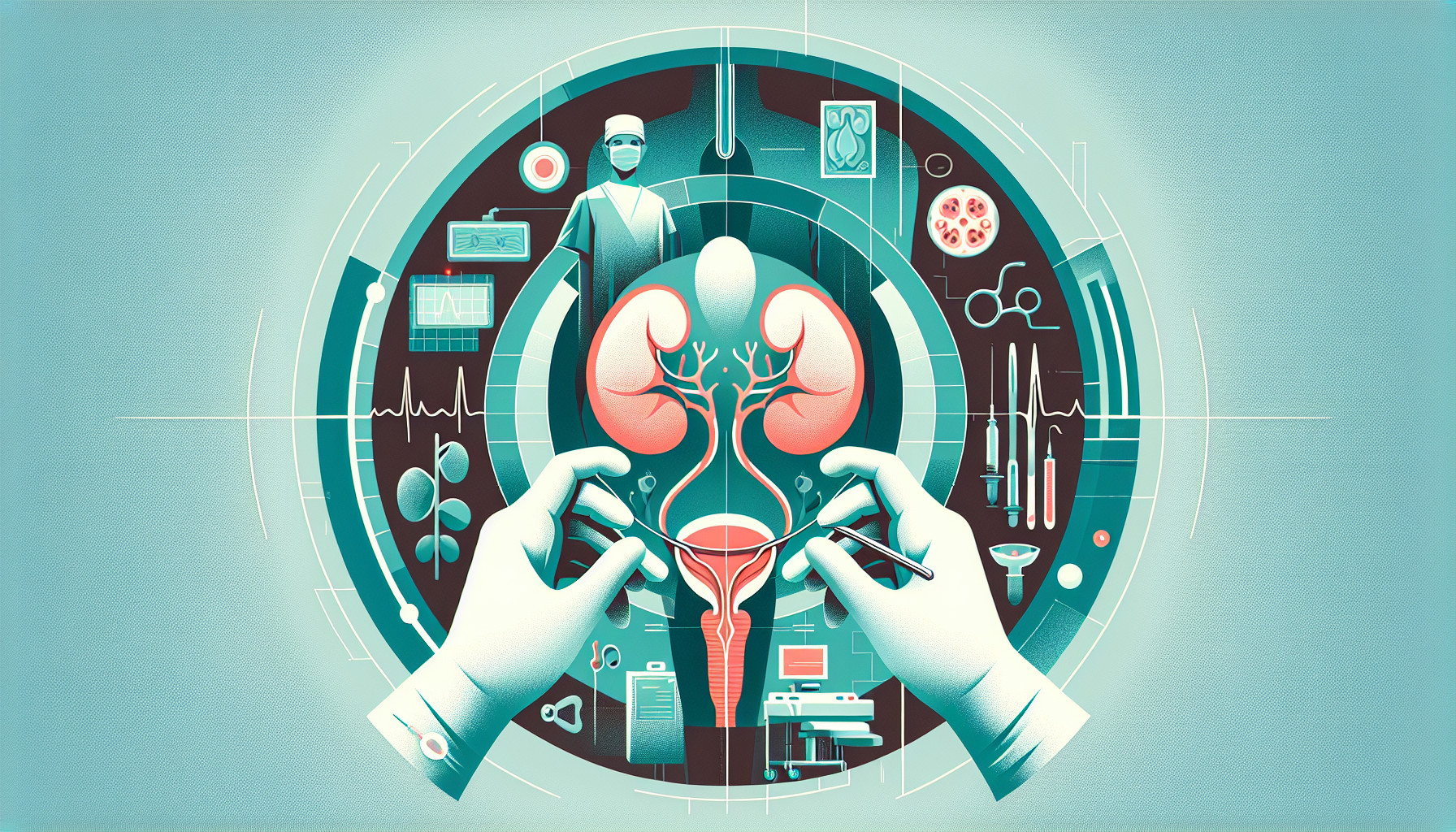Our Summary
This study looked at the impact of weight loss surgery (bariatric surgery) on bowel and bladder function. Researchers believed that this type of surgery does not make bowel and bladder function worse. They analyzed data from patients who had primary weight loss surgery at one institution between 2012 and 2020.
Patients were asked to complete questionnaires about their bowel and bladder function before their surgery, and then at regular check-ups for two years after their surgery. The results showed that right after surgery, bowel function was slightly worse, but it improved by the three-month mark and continued to be better than before surgery for the whole two year follow-up period.
Bladder function improved right after surgery and continued to be better for a year after surgery. Patients who had one type of surgery (sleeve gastrectomy) had better improvement in bowel function than those who had a different kind (gastric bypass). The more weight patients lost, the better their bowel function was.
So, the researchers concluded that weight loss surgery does not make bowel or bladder function worse, and in fact, it generally improves both. The more weight a patient loses, the better their bowel function is likely to be.
FAQs
- Does weight loss surgery worsen bowel and bladder function?
- How does the type of weight loss surgery affect bowel function recovery?
- What is the correlation between the amount of weight lost and the improvement in bowel function post-surgery?
Doctor’s Tip
A helpful tip a doctor might tell a patient about bladder surgery is to follow the post-operative care instructions closely to ensure a successful recovery. This may include avoiding heavy lifting, staying hydrated, and practicing pelvic floor exercises to improve bladder control. It is also important to attend all follow-up appointments and communicate any concerns or changes in symptoms to your healthcare provider. By following these recommendations, you can help optimize the outcome of your bladder surgery.
Suitable For
Bladder surgery is typically recommended for patients who have conditions such as urinary incontinence, frequent urinary tract infections, bladder prolapse, bladder stones, interstitial cystitis, bladder cancer, or other bladder-related issues that have not responded to other treatments. These conditions can significantly impact a patient’s quality of life and may require surgical intervention to improve symptoms and prevent complications. Patients may also be recommended for bladder surgery if they have structural abnormalities in the bladder or urinary tract that need to be corrected surgically.
Timeline
Before bladder surgery, a patient may experience symptoms such as urinary urgency, frequency, incontinence, or difficulty emptying the bladder. They may undergo diagnostic tests such as a cystoscopy or urodynamic testing to evaluate their bladder function.
After bladder surgery, the patient will likely experience some pain, discomfort, and urinary catheterization for a period of time. They will need to follow specific post-operative instructions, such as taking prescribed medications, avoiding heavy lifting, and practicing proper hygiene to prevent infection.
Over time, the patient should see improvements in their bladder symptoms, such as decreased urgency, frequency, or incontinence. They may also need to undergo follow-up appointments with their healthcare provider to monitor their recovery and ensure the success of the surgery. With proper care and adherence to medical advice, the patient can expect to have improved bladder function and overall quality of life following bladder surgery.
What to Ask Your Doctor
Some questions a patient should ask their doctor about bladder surgery include:
- What type of bladder surgery is recommended for my condition?
- What are the potential risks and complications associated with bladder surgery?
- How long is the recovery period after bladder surgery?
- Will bladder surgery affect my bowel function?
- How will bladder surgery impact my overall quality of life?
- Are there any alternative treatments to bladder surgery that I should consider?
- What can I do to prepare for bladder surgery and optimize my recovery?
- How will bladder surgery affect my ability to control my bladder?
- Will I need to make any lifestyle changes after bladder surgery?
- What is the long-term outlook for bladder function after surgery?
Reference
Authors: Campbell M, Conaty EA, Attaar M, Wu H, Wong HJ, Kuchta K, Haggerty SP, Denham W, Linn JG, Butt Z, Ujiki MB. Journal: Surg Endosc. 2022 Sep;36(9):6896-6902. doi: 10.1007/s00464-022-09028-w. Epub 2022 Feb 7. PMID: 35132450
